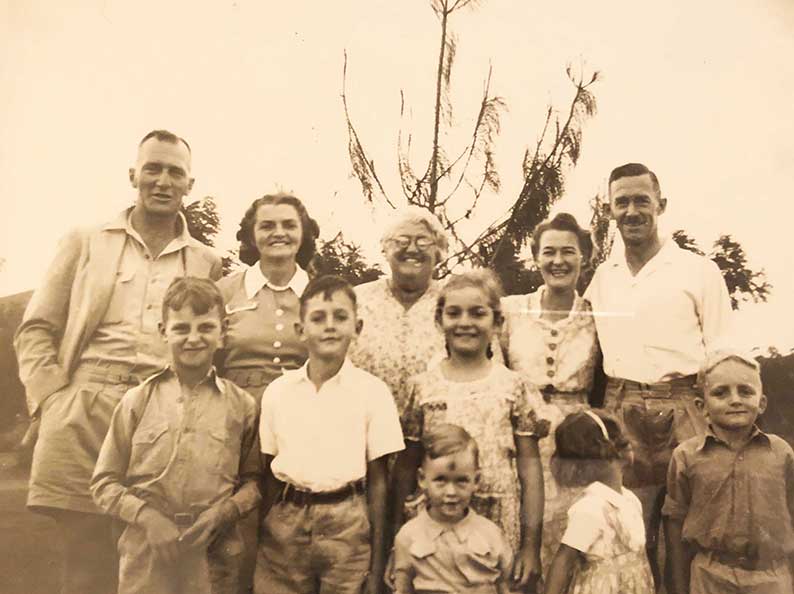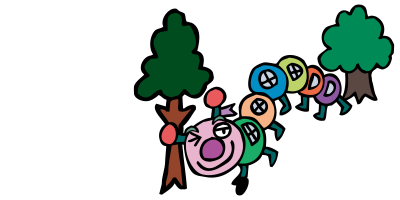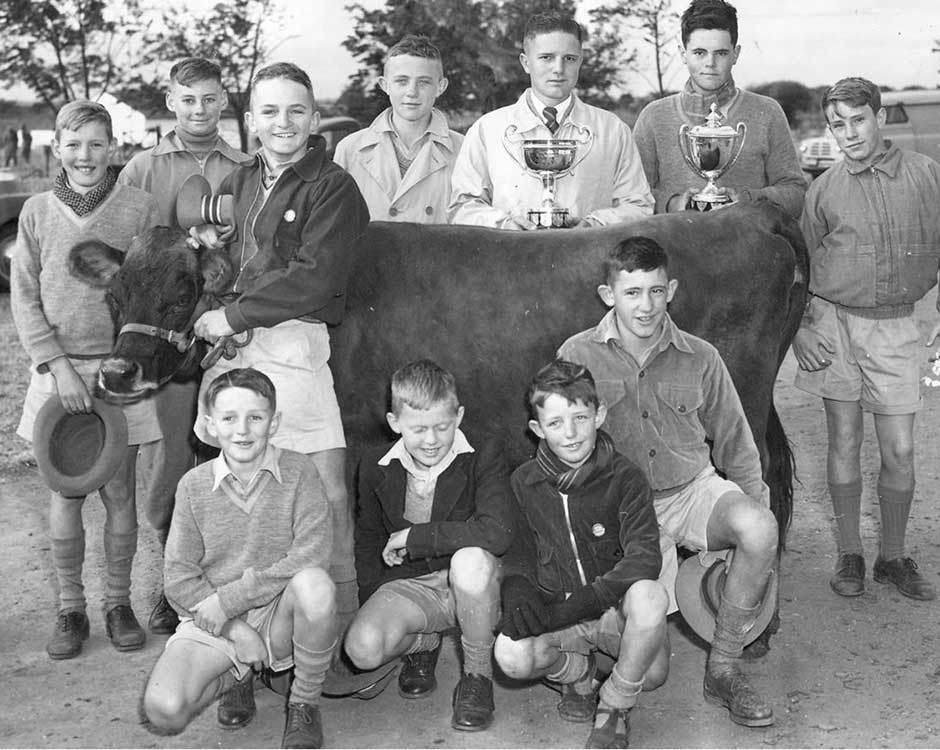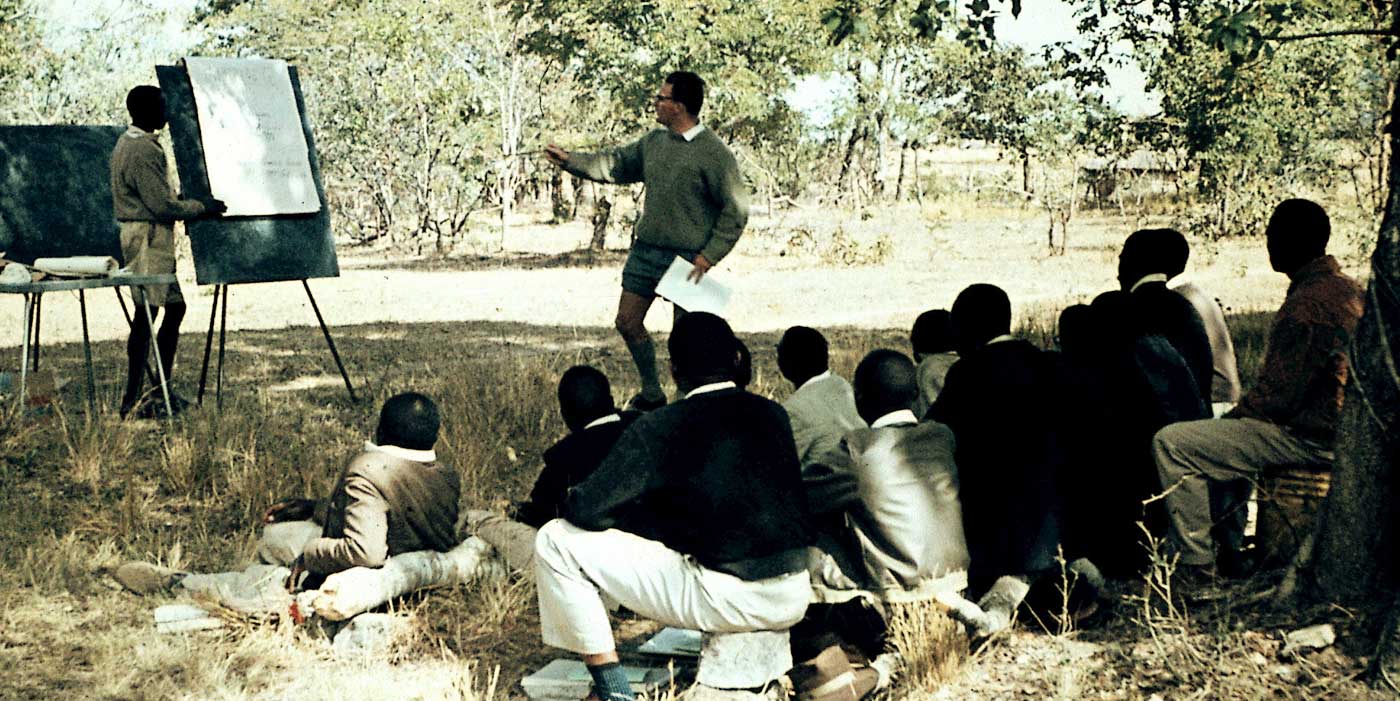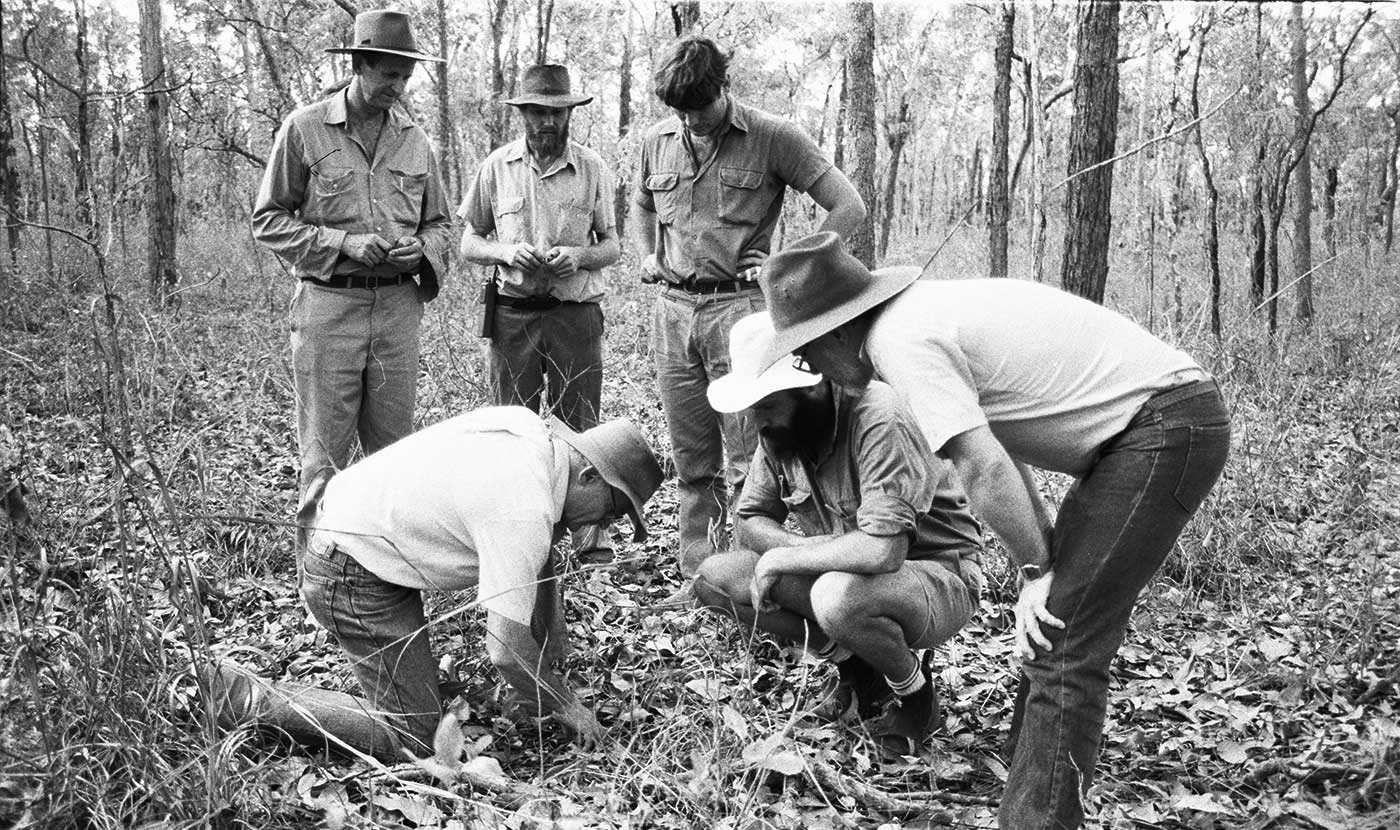He liked rugby, swimming, water polo and other sports as well as English and Science. Especially in science, he was very attracted to the mysteries of nature that were beyond his understanding.
Salisbury was surrounded by rich nature. Brian went camping with his friends in the savanna and forests, where they enjoyed following and observing animals. He once went panther hunting with farmers at night.
Growing in an enjoyable environment like this created a desire to understand more about nature in Africa and the vegetation of the savanna.
The path to becoming an ecologist
Before entering university, Brian was interested in agriculture. He joined a local young farmers club. He learned about farm work as he looked after pigs and cows and helped farmers.
However, Professor Walker was again tossed about by racial discrimination between the blacks and whites in South Africa. It was apartheid. He did not want to raise his two children under such circumstances.
Then, in 1985, the Division of Wildlife and Ecology, Commonwealth Scientific and Industrial Organization (CSIRO), Australia, offered him a position as professor. He decided to move to Canberra, Australia, where he still lives.

